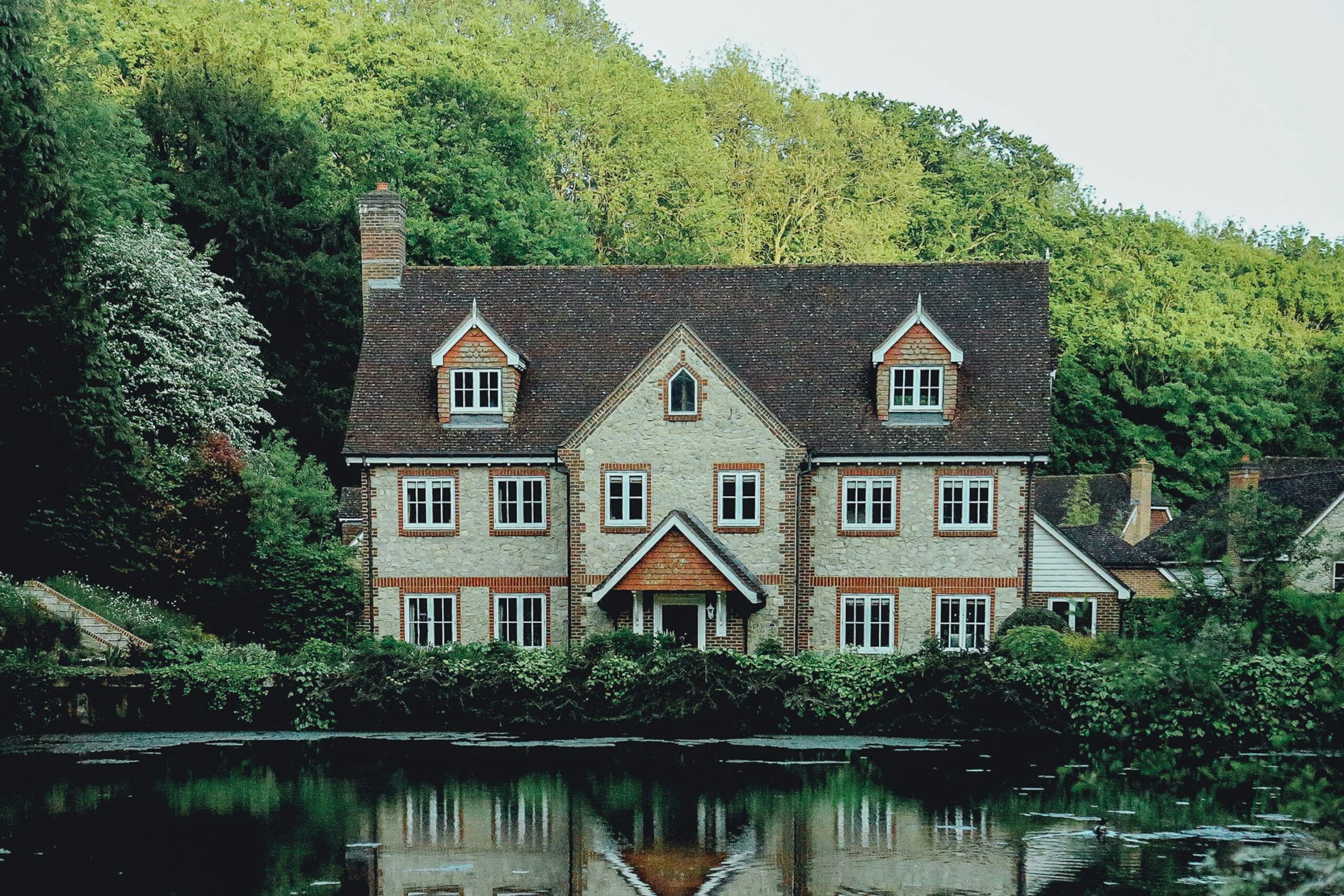Buying a holiday home in the UK has become an increasing trend among those who can afford to buy property in the current market, but what are the benefits of doing so?
In this blog, we will explore the pros and cons to buying a UK holiday home and looking into the locations in which you should be buying.
The pros of buying a holiday home in the UK
Buying a holiday home is a dream for many people, but securing a mortgage and dealing with the management of the property can be common barriers that are hard to overcome. But if you’re able to do this, there are a plethora of pros to buying a secondary home.
Your property value is likely to increase over time
There are no investment opportunities that are sure-fire, but investing in property is one of the most stable markets you can buy into.
Currently, in the UK there’s an extremely high demand for homes, but due to the current economic state, poor mortgage lending and the shortage of supply of houses, many are left unable to get on the property ladder, which in turn means house prices are often on the rise, with analysts predicting a huge rise in value over the next few years on current homes.
If you’re able to buy now, not only could you use that home to enjoy seasonal holidays in, you could also choose to let it and earn extra income, as well as enjoying the fruits of your investment in the years to come through a sale for profit.
You could pay less tax
Whilst this may seem too good to be true, some local authorities offer a discount for holiday homes, and most holiday-home owners get a 10% reduction. However, you should always look into this before deciding whether to buy a property in a specific area.
If you choose to use your second property as a holiday home to let, then you could be entitled to deduct 100% mortgage interest costs from your rental income before your tax bill is calculated. This is because holiday lets are considered a business as opposed to an investment. You can also get capital allowances for wear and tear.
Explore new parts of the UK
The UK is rich with global history and culture across its many counties. A UK holiday home offers many opportunities for fun and relaxation, regardless of the location. For those who enjoy the bustling energy of London, having a holiday home in one of Europe’s most prestigious cities is perfect, or perhaps you’d prefer a smaller but bustling city such as Manchester or Birmingham.
Maybe you’d prefer the sandy beaches of Devon and Cornwall – the UK has a huge variety of landscapes and sights to choose from.
You’ll also have another home to call your own. Perfect for family getaways or allowing friends to live in it from time-to-time. It could even be a place where you might consider retiring in the long term.
Properties in Dorset, The Cotswolds, the Peak District and Devon are the most lucrative areas for holiday lets.
The cons of buying a holiday home in the UK
Despite there being a number of advantages to buying a holiday home in the UK, there are also a few downsides that you need to consider before purchasing.
The cost of buying and selling a UK holiday home
Buying one property in the UK is hard enough, so getting the deeds to another will be exponentially tough, especially with the way the market is currently tracking.
Getting a mortgage is also stricter with lenders increasingly changing the criteria needed for being approved, meaning obtaining one for a holiday home will be very tough for those who are not in a higher tax bracket. You will likely need a large cash deposit for a down payment. Rates for a holiday home are generally higher too and can include a surcharge of around 3% for stamp duty.
Speaking of tax, you could be subject to higher resale taxes if/when you decide to sell your holiday home. You will be taxed on capital gains on how much the property has gained in value since purchased, particularly if you have let it. It could be as much as 28%.
UK weather may not permit you to explore as much as you’d like
Whilst the UK has plenty to see and do, the weather at times can stop you from exploring or force you to cancel plans at the last minute due to wet weather.
However, this shouldn’t be too much of a problem in spring and summer. The UK generally hits around 30, and sometimes 40, degrees in the warmer months which will allow you to make the most of your holiday home whether you’re exploring or relaxing whilst getting a sun tan.
Owning a holiday home comes with so many positives, but you will need to put in the extra work to reap the benefits. Of course, you will have extra bills and additional costs when appliances or furniture break. If you’re planning on letting out your extra home you should expect to put in extra hours after work with the property admin.
From replying to emails and dealing with any queries or complaints. You’ll need to keep track of your outgoings for tax purposes, advertise the property, and maintain it to a good standard. Even if you employ an agency to manage bookings and customer service, you’ll still need to sort out repairs and cleaning between lets.
There are also strict rules on holiday lets. Your holiday home must be available to let for at least 210 days a year to qualify for furnished holiday let tax reliefs. If your home is going to be left unoccupied for a large amount of time, you will also need to purchase unoccupied home insurance.
What insurance do you need for a UK holiday home?
You will need to buy specialist holiday home insurance when buying in the UK, ideally from a specialist insurance broker such as Adrian Flux.
Holiday home insurance is a tailored policy designed to protect your second property, whether you use it for personal holidays or let it out as holiday accommodation.
For our best rates, call 0800 369 8590 or book a callback at a time that works for you.
Publisher: Source link











